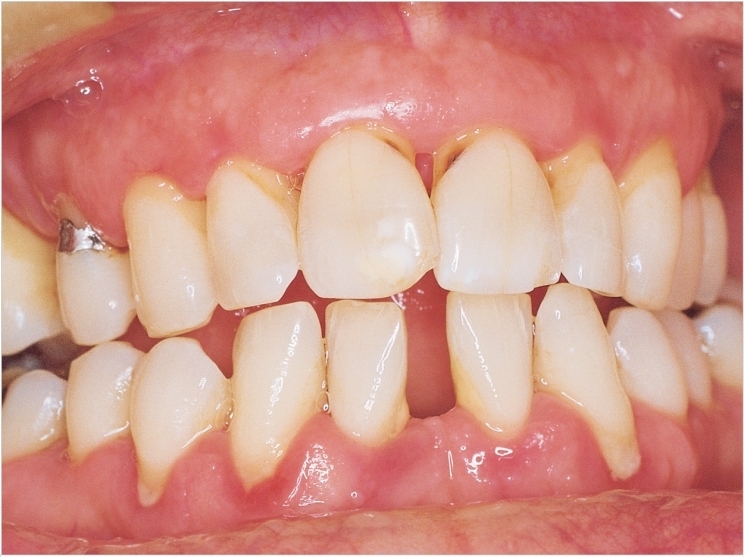
Resolvin E1, a molecule produced naturally in the body from an omega-3 fish oil, prevents and treats gum disease when it is topically applied on gum tissues. But it also decreases the likelihood for advanced arterial atherosclerotic plaques to rupture and form a dangerous thrombus or blood clot, report researchers at the Boston University School of Medicine and the Forsyth Institute. These findings could lead to effective preventive and therapeutic treatments in people with heart disease and/or gum disease without unwanted side effects.
Inflammation is a key pathology of atherosclerosis and may be a major driving force for heart attacks and stroke. There is increasing evidence that chronic inflammatory diseases such as diabetes, heart disease, rheumatoid arthritis, colitis, pulmonary and kidney diseases, cancer, and Alzheimer’s disease can benefit from the use of the pro-resolving lipid mediators, resolvins and lipoxins.
To test the effectiveness of lipid mediators on advanced atherosclerosis, the researchers used two groups of an experimental model with highly inflamed advanced atherosclerosis. The first group was treated with a solution applied on gum tissues that included Resolvin E1, while the second group was treated with salt water as a control. The group treated with Resolvin E1, which is an inflammation-lowering lipid mediator, had minimal atherosclerosis and reduced plaque rupture in their aortic artery, while atherosclerosis advanced to more severe forms of the disease in the control group.
“Current therapies for advanced atherosclerosis are inadequate and often carry high risks, and the Resolvin E1 therapy could provide a very effective and safe therapy that can be taken daily, which would also serve as a preventive approach for plaque inflammation and acute clinical events of heart attack and stroke,” said corresponding author James A. Hamilton, PhD, professor of physiology and biophysics and research professor of medicine at the Boston University School of Medicine.
The researchers believe these findings support a paradigm shift in the treatment of both localized and systemic inflammatory conditions that are increasingly prevalent in type 2 diabetes and obesity and may be applicable to other chronic inflammatory diseases. The study, “Atherosclerosis, Periodontal Disease, and Treatment with Resolvins,” was published by Current Atherosclerosis Reports.
Related Articles
Oral Bacteria Linked with Atherosclerosis
More Evidence Connects Gum and Heart Disease
E-Cigarettes Can Speed Up Atherosclerosis



